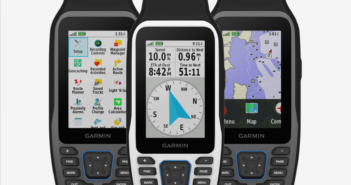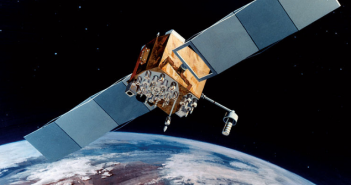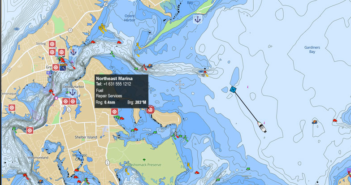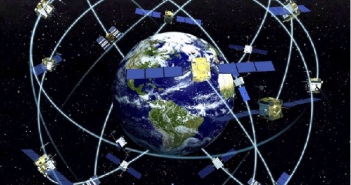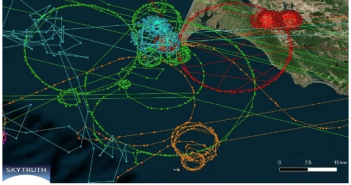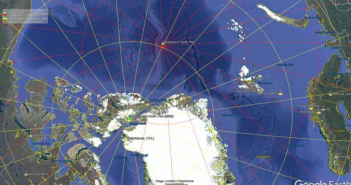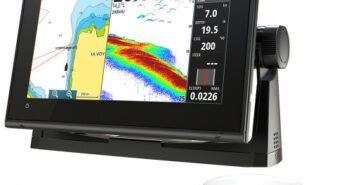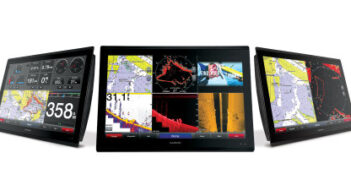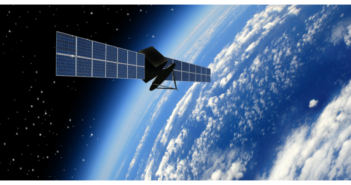
What To Do If You Lose Your GPS Signal
What should you do if you’re cruising and you lose your GPS signal? Never happen? Well, yes it will. Not often, but it happens on new boats, old boats, coastal boats and offshore boats. But not to panic. Here’s some great advice from Simrad about what to do next: What happens to my boat if I stop receiving satellite positioning data? In the very rare event that the satellites of the GPS global positioning system fail, are taken offline or are blocked, you’ll still be absolutely fine. Here are five useful tips covering what to do if you lose live…

